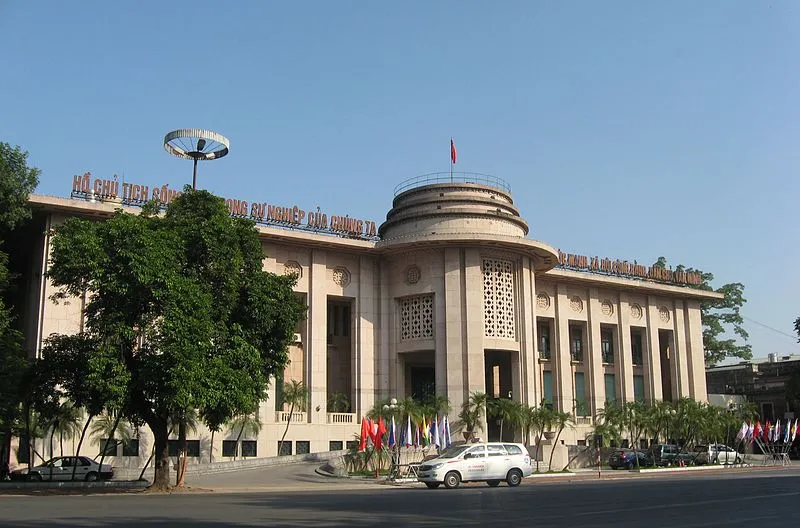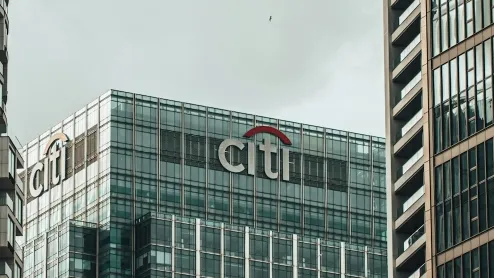
Here's why Vietnam's banking system has been in distress this year
Banks' exposure to bankrupt companies is aggravating the situation.
According to Moody's, last Tuesday, the Vietnamese government announced that it had authorized one of its stateowned enterprises (SOEs), Vietnam National Shipping Lines (Vinalines, unrated), to place into bankruptcy two subsidiaries, Vinashin Ocean Shipping Company (Vinashinlines, unrated) and the Vietnam Oil and Gas Transportation Company (Falcon, unrated).
The bankruptcy filings are part of the Vinalines group’s restructuring and are credit negative for Vietnamese banks directly exposed to these entities.
Here's more from Moody's:
Government officials estimated in February 2013 that Vinalines’ total debt stood at VND43.1 trillion ($2.1 billion), more than four times its equity, and this week’s announcement made it clear that the banks exposed to the bankruptcy of its subsidiaries would have to enter debt restructuring negotiations.
Given the opacity in Vietnam’s financial reporting, this situation is likely to make it difficult for other struggling SOEs to obtain funding, which would challenge their solvency and amplify asset-quality risks in the already weak banking sector.
Individual bank’s exposures to these bankrupt entities remain unidentified. Nonetheless, among our rated banks in Vietnam, the two government-controlled banks, Vietnam Bank for Industry and Trade and Bank for Investment and Development of Vietnam, are the most exposed to the SOE sector.
Their lending to this segment accounted for 27%-34% of their loan book and 340%-345% of their equity as of the end of 2012.
Vietnam’s banking system has been in distress. Between January and June, it recorded loan growth of 4.5%, down from 14% in 2012 and several months of more than 30% growth between 2009 and 2010. Last year, our rated banks, which account for approximately 45% of system assets, reported a 27% decline in net profit.
As loan growth slows, nonperforming loans are rising. The State Bank of Vietnam, the country’s central bank, using an undisclosed methodology, reported that nonperforming loans in the banking system constituted 4.67% of thesystem loans at the end of April, an increase from 4.08% at the end of 2012.
The opaque reporting adds to underreported problem loans in the system. Vinalines’ bankruptcy and debt restructuring are similar to that of Vinashin in early 2011; the extent of the issuer’s indebtedness has surprised investors, and the government is letting the SOE’s creditors take a hit.
Recent experience has revealed that certain loans to SOEs that have defaulted, such as Vinashin, remained in an unreported special portfolio and was not considered as nonperforming.
The one and only bright spot in this situation is that the recognition and liquidation of insolvent firms is a necessary step for Vietnam to clean up its ailing economy.
However, this event also highlights the government’s likely selective support for SOEs in distress situations, which we believe will encourage lenders and other creditors to remain supportive of larger SOEs with key strategic roles in the country’s development, particularly those in the power and energy sector, such as PetroVietnam, Vietnam Electricity and Vinacomin Holding Corporation Limited.



















 Advertise
Advertise











